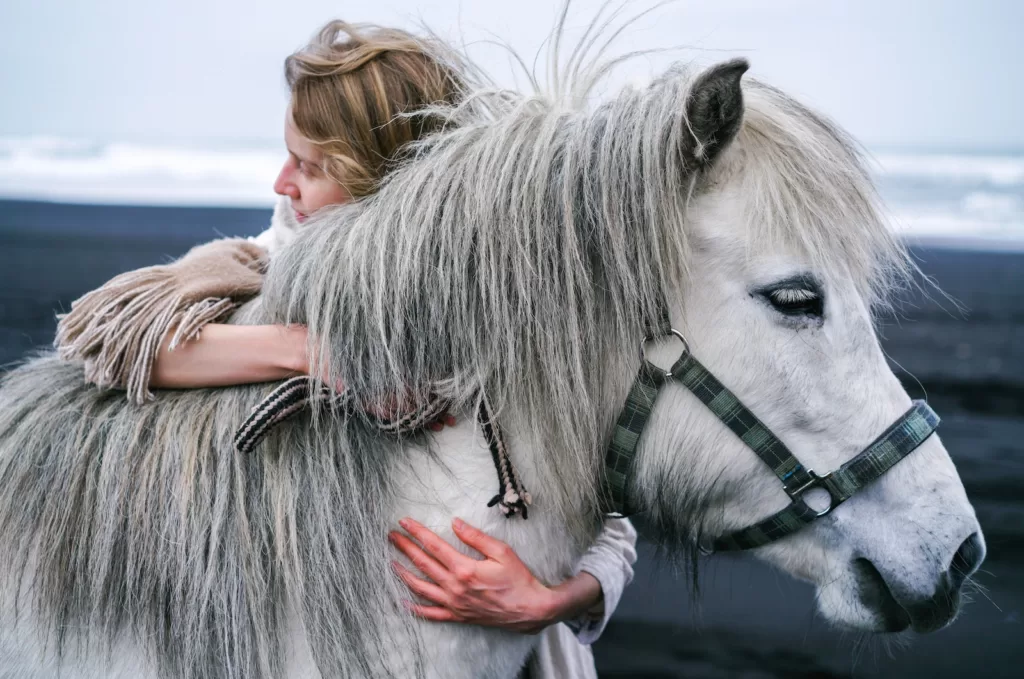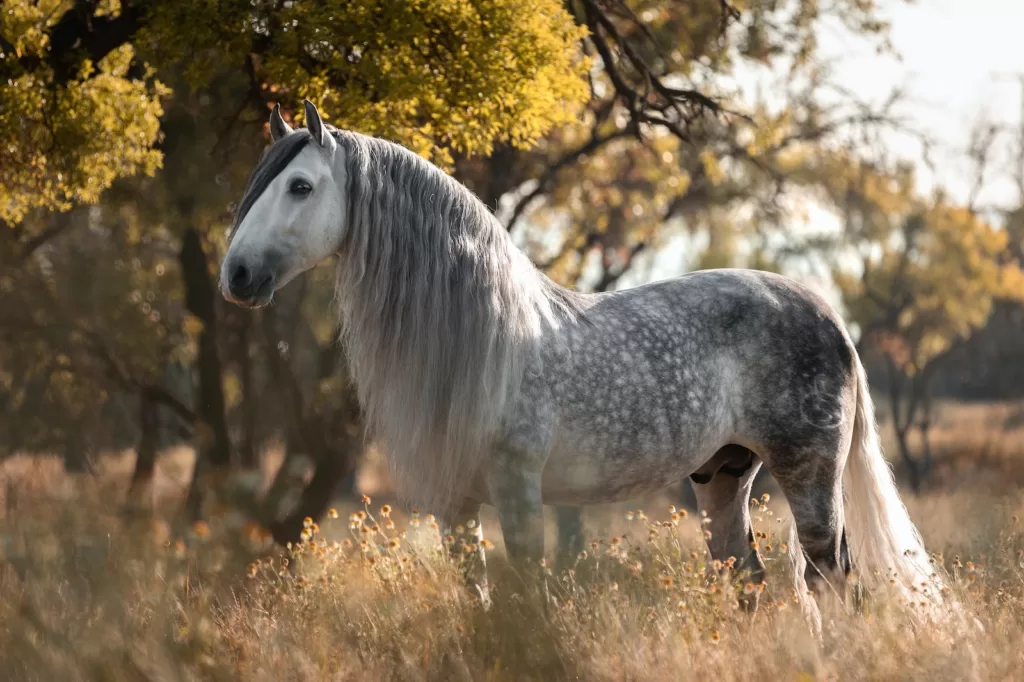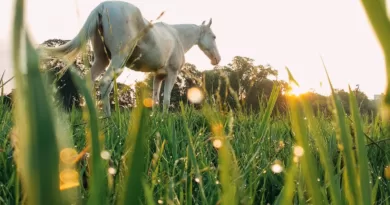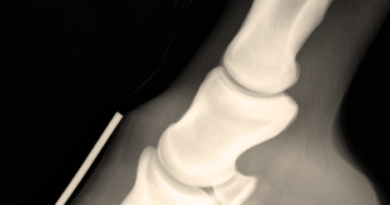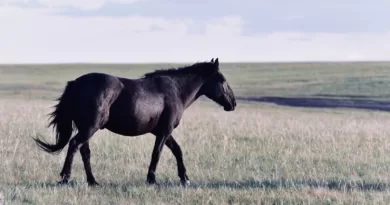How Long Can a Horse Live? Unraveling the Equine Lifespan
Horses, majestic creatures known for their grace and strength, have been our companions for centuries. But have you ever wondered how many years a horse can live? In this comprehensive guide, we will delve into the factors that influence the lifespan of these magnificent animals, explore the age-old question of “how long can a horse live,” and provide insights into their care, well-being, and the role of genetics in determining their longevity. Let’s embark on this journey through the equine world.
1. Understanding the Equine Lifespan
Horses, both wild and domesticated, can lead long and fulfilling lives if well cared for. On average, a horse can live for 25 to 30 years. However, some horses have been known to surpass this range and live well into their 40s. The precise lifespan of a horse can be influenced by various factors, which we will explore in the following section.
2. Factors Affecting a Horse’s Lifespan
2.1 Nutrition and Diet
Proper nutrition is crucial for the well-being and longevity of a horse. Horses should have access to high-quality forage and a balanced diet. Adequate vitamins, minerals, and clean water are essential for their health.
2.2 Exercise and Activity
Regular exercise is essential for maintaining a horse’s physical and mental health. A sedentary lifestyle can lead to obesity and various health issues, potentially shortening their lifespan.
2.3 Veterinary Care
Routine veterinary check-ups are vital to catch and address health issues early. Vaccinations, dental care, and parasite control are all aspects of regular horse healthcare.
2.4 Living Environment
A safe and comfortable living environment is essential. Horses should be protected from extreme weather conditions, provided with shelter, and have ample space to move around.
2.5 Social Interaction
Horses are social animals, and companionship plays a significant role in their overall well-being. Loneliness and stress can affect their lifespan.
3. The Role of Genetics
Genetics also play a substantial role in determining a horse’s lifespan. Some breeds are genetically predisposed to live longer than others. Additionally, individual genetics within a breed can affect longevity. Breeding practices that prioritize health and longevity can have a positive impact on a horse’s lifespan.
4. Caring for Your Horse
To ensure your horse lives a long and healthy life, consider the following tips:
- Provide a balanced diet with high-quality forage.
- Create a suitable living environment with shelter and space to move.
- Offer companionship by keeping your horse with other compatible animals.
- Schedule regular veterinary check-ups.
- Engage your horse in regular exercise and mental stimulation.
5. Common Health Issues
Despite the best care, horses may face various health issues that can impact their lifespan. Some common health problems include:
- Laminitis
- Colic
- Arthritis
- Dental issues
- Respiratory problems
Early detection and appropriate treatment are critical in managing these health concerns.
6. Frequently Asked Questions (FAQs)
6.1 How long can a horse live on average?
On average, horses live for 25 to 30 years, but many factors can influence their lifespan, so some horses may live longer.
6.2 Can I extend my horse’s lifespan?
Yes, you can extend your horse’s lifespan through proper care, nutrition, and regular veterinary check-ups.
6.3 What is the oldest recorded age for a horse?
The oldest recorded age for a horse is 62 years. Proper care and genetics played a significant role in this remarkable longevity.
7. Breeds and Longevity
It’s important to note that different horse breeds have varying lifespans. While the average lifespan for horses falls between 25 to 30 years, some breeds are known for their exceptional longevity. Here are a few examples:
- American Quarter Horse: This breed typically lives around 25 to 30 years, but some individuals have reached their early 40s.
- Arabian Horse: Arabians are renowned for their vitality and can often live into their 30s.
- Morgan Horse: Known for its endurance, the Morgan breed has a lifespan of 25 to 30 years.
- Miniature Horse: Miniature horses can live into their late 30s, with some even reaching their 40s.
- Pony Breeds: Ponies tend to have longer lifespans than larger horse breeds. It’s not uncommon for them to live into their late 30s or early 40s.
8. Age-Related Care
As horses age, their care needs may change. Here are some considerations for senior horses:
- Dental Care: Older horses may develop dental issues. Regular dental check-ups and appropriate dental care are crucial.
- Nutritional Adjustments: Adjusting their diet to accommodate their age and any health conditions is essential.
- Joint Health: Arthritis can become a concern as horses age. Joint supplements and appropriate exercise can help manage this.
- Regular Check-ups: Frequent veterinary check-ups become even more critical in a horse’s senior years.
9. Exceptional Cases
Occasionally, some horses achieve remarkable ages. For instance, a horse named “Old Billy” holds the record for the oldest known horse, living to be 62 years old. This incredible longevity can be attributed to a combination of excellent care, genetics, and a little bit of luck.
10. Investing in Longevity
If you’re a horse owner or considering bringing a horse into your life, it’s important to recognize that caring for a horse is a long-term commitment. Your dedication to their well-being, from providing proper nutrition to ensuring regular exercise and veterinary care, plays a significant role in how long your horse will live. Additionally, researching the breed’s typical lifespan and selecting a breed known for its longevity can also extend the horse’s years.
11. Breeding and Genetics
The genetics of a horse are a significant factor in determining their lifespan. Responsible breeding practices can influence the health and vitality of the offspring. Here are some genetic considerations:
- Inbreeding: Excessive inbreeding can lead to a higher risk of genetic disorders and reduced lifespan. Responsible breeders carefully select mates to avoid this.
- Selecting for Health: Some breeders prioritize health and longevity when choosing breeding pairs. This can result in horses with a greater likelihood of living longer, healthier lives.
- Genetic Conditions: Some breeds may have genetic conditions that can impact lifespan. It’s essential to be aware of any breed-specific issues and take preventive measures.
12. The Human-Horse Bond
The relationship between humans and horses is profound; furthermore, the emotional well-being of a horse is closely tied to their interactions with their human companions. Consequently, a happy and content horse is more likely to live a longer life. Here’s how you can strengthen the human-horse bond:
- Spend Time Together: Interact with your horse regularly through grooming, riding, or just spending time in their company.
- Positive Reinforcement: Use positive reinforcement methods to build trust and respect. Reward good behavior to create a positive environment.
- Understanding and Patience: Horses are intelligent creatures, but they may not always understand our intentions. Be patient and empathetic when working with your horse.
13. Promoting Horse Health
As a horse owner, it’s your responsibility to ensure your horse stays healthy and lives a long life. Here are some key health-promoting measures:
- Vaccinations: Stay up-to-date with vaccinations to protect your horse from common diseases.
- Parasite Control: Regular deworming is vital to prevent parasitic infections.
- Hoof Care: Proper hoof care, including regular trimming and shoeing, is essential for a horse’s mobility and overall health.
- Mental Stimulation: Horses need mental stimulation. Providing toys or puzzles can prevent boredom and related health issues.
14. The Legacy of Exceptional Horses
Throughout history, there have been exceptional horses that have left a lasting legacy. Notably, these horses, often known for their remarkable abilities or long life, inspire horse enthusiasts and serve as vivid reminders of the potential for greatness in these animals. Consequently, studying the lives of such horses can offer valuable insights into how to care for and extend the lifespan of these magnificent creatures.
See Also: How long do horses live? Amazing Facts About Horses’ Life
15. Conclusion
In the world of equine care, the question of “how long can a horse live” is a complex one. Furthermore, the lifespan of a horse is influenced by a multitude of factors, including genetics, nutrition, exercise, and the quality of care they receive. As a responsible horse owner or enthusiast, your unwavering commitment to providing the best possible care is crucial in ensuring that these beautiful animals live a long and fulfilling life.
Enjoyed this article? You May Also Like:
- Learn in 5 minutes about Cryotherapy for Horses
- Penicillin in Horses; Impeccable Guide in 10 minutes
- Excede Antibiotic For Horses, Fantastic Facts in 5 minutes
- The Science of Oxytocin in Horses: How This Hormone Influences Equine Behavior
- Can Horses Swim? Everything You Need To Know About Horse Swimming


